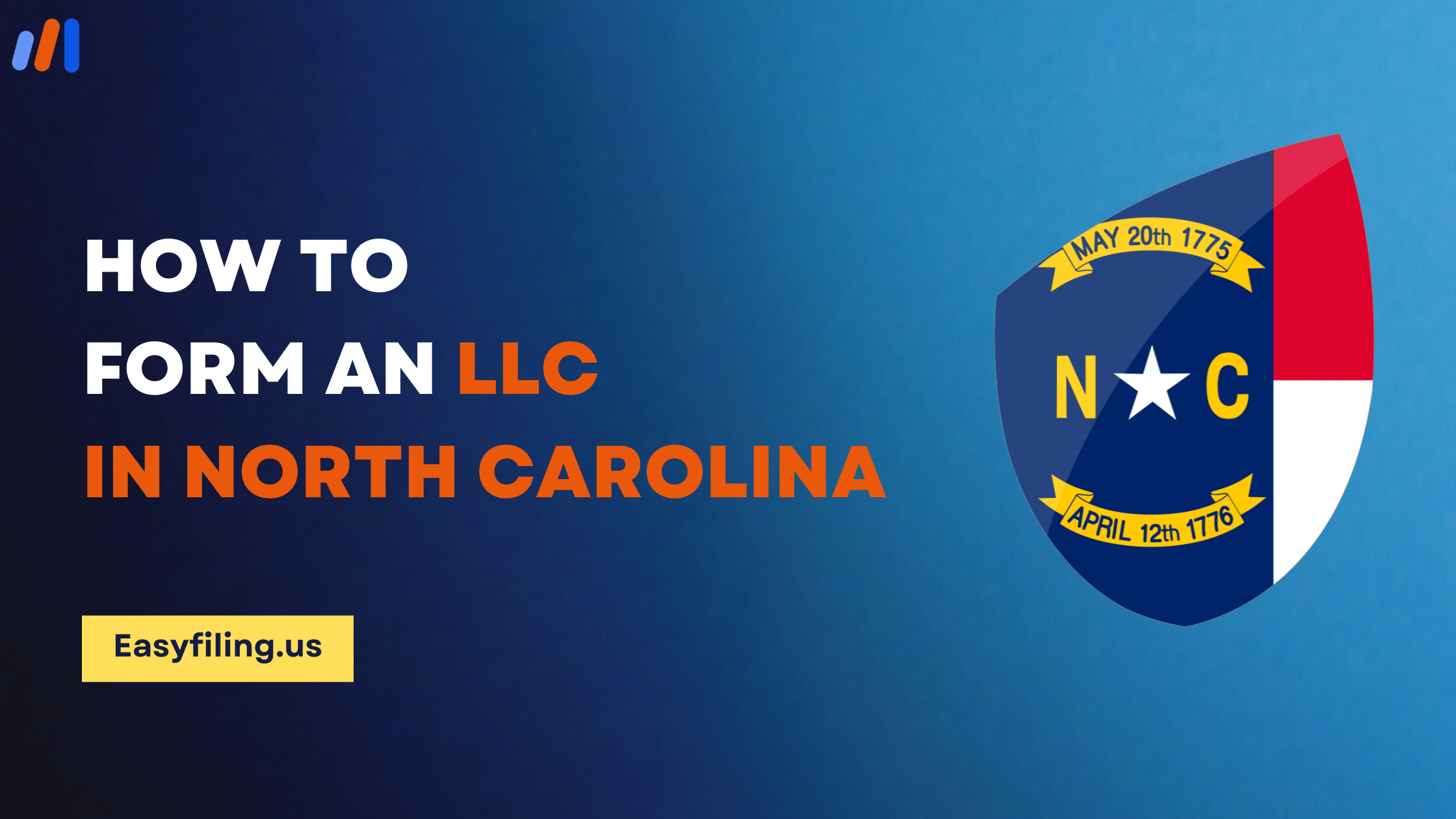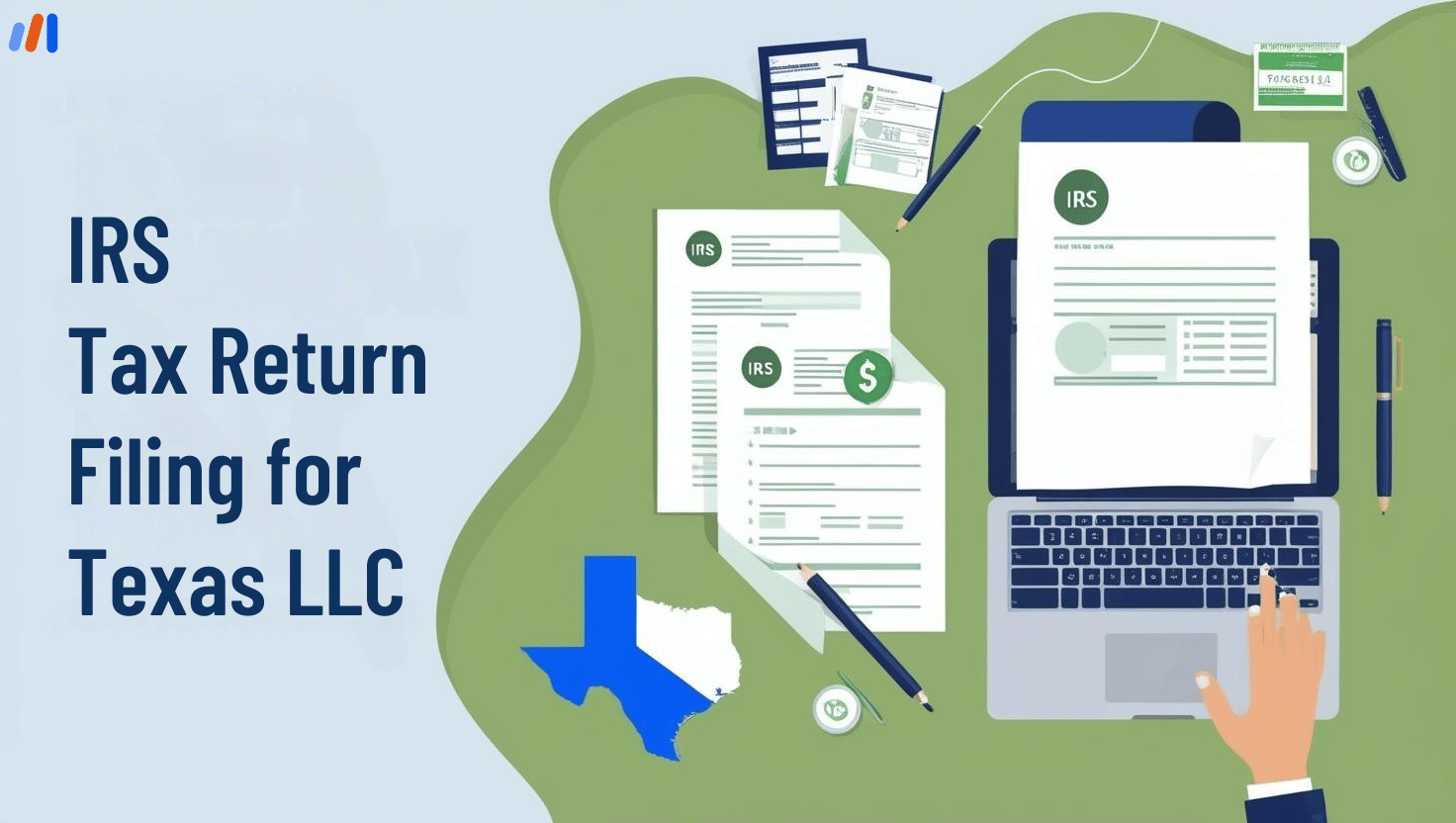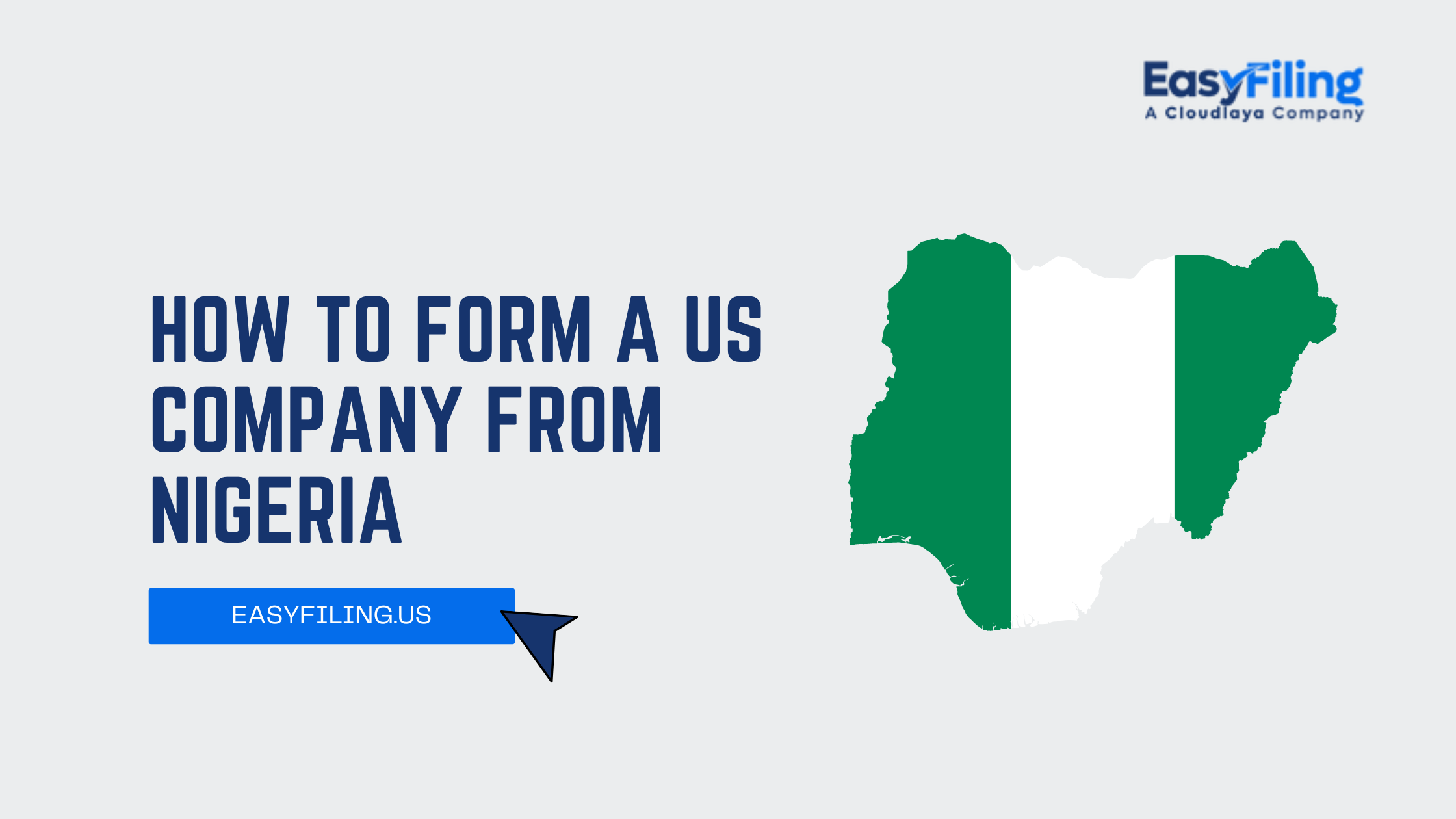In case you are considering starting a business in the state of North Carolina, one of the most common business types preferred by entrepreneurs is a Limited Liability Company (LLC).
A huge percentage of small and medium business owners are LLC members as LLCs combine several advantages including flexibility in structure and operations, asset protection from liabilities, and multiple tax benefits.
An LLC business structure permits its owners to shield their assets from the company’s debts and obligations, hence protecting their assets.
Besides, LLC as a legal form provides a wide range of possible management options along with the single taxation of owners’ profits as opposed to corporations which are subject to double taxation.
This guide will teach you step-by-step the procedures to be followed in establishing an LLC in North Carolina while providing relevant information and useful tips throughout the entire process.
Why form an LLC in North Carolina?
Limitations Of Liability: One of the most sought-after advantages of establishing an LLC is the limited liability that it provides- limited as in low risks, hence risks in a venture are relatively lower. In case of debt or insolvency, one’s assets are not at risk. So, how is this possible? The LLC company, being a separate legal entity means that one cannot be held personally liable in case of a lawsuit.
Tax Flexibility: LLCs are also flexible in terms of taxation. By default, LLCs are treated as pass-through entities, which means profits and losses are included in the owners’ tax returns. This may be favorable to small businesses as it helps in averting double taxation. However, LLCs can also choose the alternative of being taxed as a corporation, which may be helpful in certain scenarios.
Operating Flexibility: LLCs, by law, have absolute temporal managerial discretion and operational control. Members may manage or members may make decisions through a manager instead, and there are no real formalities in terms of members having to meet in person or minute books having to be produced. This enables firms and businesses to be able to do business in the manner they find most appropriate and advantageous.
Credibility and professionalism: The establishment of these legal entities can quite significantly increase the credibility and professionalism of your business. This shows how dedicated you are towards your business and it can greatly help attract customers, suppliers, and investors.
Attracting Investors: LLCs also present opportunities for investors. Limited liability feature means lesser exposure to business risks making the business attractive to investors.
Estate Planning: LLCs can be considered as estate planning tools. If assets are owned by an LLC, there may be a chance to skip probate and eliminate estate taxes.
Step 1: Select your LLC Name
Stand Out: The business name you choose should be different from those used by other businesses already registered in North Carolina. It should capture the essence of your company adequately as well.
Include LLC Designation: It should include the words “Limited Liability Company” or can also write its abbreviations “LLC” or “L.L.C.” Such a designation makes it clear to the public and possible collaborators what kind of company they’re dealing with.
Check Availability: With the help of the internet, visit the database of the North Carolina Secretary of State that is quite available to everyone to check if your chosen name is not taken by someone else. If the incorporation process would take a time have the name reserved as well.
Step 2: Appoint a Registered Agent
Role of a Registered Agent: A registered agent is a person who is obliged to accept the service of process, tax notices, and other official documents on behalf of the LLC. Again, it guarantees that some legal data is going to be properly handled and reported in a timely fashion.
Eligibility: The registered agent can be a natural person, a resident of North Carolina or it can be a business organization that has the legal right to transact business in the state. All the things done have to meet the state requirements; in this case, the agent needs to possess a street address in North Carolina.
Step 3: Providing Filing of Articles of Organization
Prepare the Articles: The Articles of Organization document contains pertinent information regarding your LLC such as the name, the location of its principal office, and the specifics of the registered agent. It is a legal declaration of the existence of your LLC registered within the boundaries of a certain state.
Submit the Filing: The Articles of Organization are to be submitted to the Secretary of State of North Dakota in either electronic format or by post. Submitting electronically is the fastest alternative and allows monitoring of how far the application has progressed.
Filing Fee: The most common cost incurred is about 125$. Fund [Filing Fee] payment must accompany the Articles to prevent processing delays.
Step 4: Preparation of an Operating Agreement
Intention: Although it is not mandatory, an operating agreement is one of the most important in defining the rights and obligations of an LLC’s members because it provides information about the management and some operational and financial aspects of the company. It is designed to simplify the relationships of the members and their disputes.
Content: Usually, the ownership agreement encompasses the following areas: ownership, roles of the members, the functions they perform, rights to vote, methods of profit sharing, the procedure of bringing in new members and retiring existing members, etc.
Step 5: Acquire the Tax Identification Number (EIN)
Requirement of the EIN: The Tax Identification Number (EIN), is a requirement when seeking to open a business account, when recruiting employees, or when filing for federal and state taxes. It is an essential number for your LLC when it comes to financial and tax affairs.
Application: Apply for an EIN that is issued by the Internal Revenue Service within the US on the IRS’s website free of charge. Online application is easy and done in a few minutes. Most participants get the EIN after a few minutes from the online application.
Step 6: Availability of Business Account
Money Management: One of the important factors for expansion within the LLC is to have a separate business account opened for its use. This assists in enforcing separations in the accounts which assists during the process of taxation.
Documentation: You will need your EIN and the Articles of Organization for the Account setup. Other banks may have the requirement of housing a copy of the operating agreement as well.
Step 7: Obey the Tax and Regulatory obligations of North Carolina
State Taxes: Depending on the business you get into, registries such as the sales tax registry or the withholding tax registry, might apply to businesses that sell articles or have employees respectively. Involve yourself with business taxation research to avoid running afoul of regulation.
Local Permits: Seek authorization from local authorities for any permissions or licenses required to operate within your business environment. Failure to get permits may result in being fined or operating illegally.
Step 8: Take Care of Your LLC
Annual Report: Every year, an annual report should be filed yearly to the North Carolina Secretary of State to maintain your LLC. Such a report informs the state about various changes concerning the activities of the Company’s recent business address, registered members, or any change of Company name.
Continued Compliance: One or more regulatory changes may occur from time to time and affect your LLC. It is expected to avoid such occurrences by periodically checking on requisite legal documents by the state and/or local government.
Note that by observing these comprehensive procedures, you are capable of establishing an LLC in North Carolina, which will give your enterprise a more flexible management model and also legal protection. If you have more inquiries or would want any assistance, consider seeking the help of legal professionals who will streamline the process and give you guidance that is suited to your business.
Book a free consultation for clear guidance on how to set up a North Carolina Limited Liability Company and any other services that you may need.
Frequently Asked Questions (FAQs)
Is it possible for a foreign LLC to operate in North Carolina?
Yes, a foreign LLC can operate in North Carolina. However, they must apply for a Certificate of Authority with the Secretary of State in North Carolina as well as follow business regulations in the area.
What are the laws regarding maintaining compliance for an LLC in North Carolina?
To maintain your LLC, you should file an Annual Report to the secretary of state in North Carolina and make payment of the appropriate fee for it. Also, strong emphasis should be given to record-keeping activities, as well as following all other business regulations at both federal and state levels.
How long is the process of LLC formation in North Carolina?
After filing the Articles of Organization, the LLC will be issued after roughly 10-15 business days, with necessary processes having been completed since the formation of the organization. For those who wish to have it done faster, there is the option of using expedited services at an extra cost.
File Your LLC Today
25$ off with a coupon
Lock in EasyFiling's transparent rates and get lifetime compliance support at no extra cost.
Get Started Now









